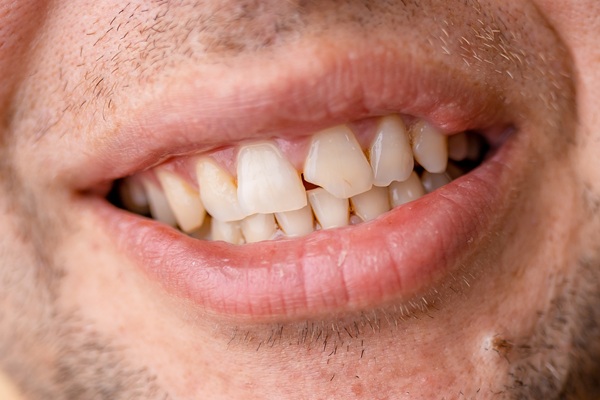Can I Get Implant Supported Dentures If I Already Have Traditional Dentures?

A large number of people who get implant supported dentures have used traditional dentures in the past. Dentures are popular with those who have lost most of their real teeth thanks to how affordable they are. These appliances also serve their purpose, replacing lost teeth and restoring their function.
How implant supported dentures work
While dentures restore the function and appearance of missing teeth, these oral prosthetics come with some major downsides that sometimes force denture wearers to seek other alternatives, like implant supported dentures. The drawbacks of traditional dentures include:
- Dentures lack stability when worn. The appliance shifts in the mouth, rubbing against soft tissues and irritating them.
- It can take a while to get used to talking and eating with dentures.
- Eating sticky or chewy foods with dentures can be tricky.
- Using dentures often involves the use of nasty tasting dental adhesives.
- Dentures can fall out of the mouth, embarrassing the wearer.
- Dentures require specialized cleaning that can easily take 20 minutes each day.
Anyone who has ever used dentures should already be familiar with these drawbacks. Implant supported dentures are generally viewed as a better option over conventional implants since the dentures are attached to implants that have fused with the patient's jaw. The result is a set of dentures that feel a lot like real teeth.
Figuring out if implant supported dentures are right for you
Switching from traditional to implant supported dentures starts with a consultation with a dentist. The dentist will listen to the patient's concerns about dentures and the things they dislike the most about the oral prosthetic.
The dentist will also educate the patient about the two main types of implant supported dentures: Removable and fixed. Removable implant supported dentures are similar to conventional ones, but instead of the prosthetic's framework resting on the wearer's gums, it is attached to four to six implants that have been inserted into the patient's jaw. The dentures are often held in place with attachments, like clasps, keeping it stable when worn, improving the wearer's experience.
Fixed implant supported dentures are permanently fixed in place so there is no need for specialized maintenance. This is typically the more convenient option as it allows the patient to go back to how things were before they lost most of their teeth.
To qualify for implant supported dentures, patients should:
- Have an adequate amount of bone tissue to hold implants in place.
- Not have health conditions that can hinder their ability to heal, like immune system disorders.
- Be willing to give up alcohol and tobacco prior to and after the insertion of the implants.
Those who lack the bone tissue needed for implants can use bone grafts to thicken their jawbones, making them eligible.
Get back to your former self with implant supported dentures
Call or visit our {{CITY} clinic to learn more about how implant supported dentures provide a better solution for missing teeth than traditional dentures. You will no longer have to worry about your dentures restricting what you eat or falling out while you make a speech.
Request an appointment here: https://www.lilburnfamilydentistry.com or call Lilburn Family Dentistry at (770) 800-0178 for an appointment in our Lilburn office.
Check out what others are saying about our services on Yelp: Read our Yelp reviews.
Recent Posts
Dental crowns are restorations that can address a range of dental issues, from severely damaged teeth to protecting a tooth after a root canal. They help preserve oral health and enhance a smile's appearance. In addition to being versatile, they are available in different materials, which can be helpful for individuals who want options.Dental crowns…
A broken tooth is a common dental issue that can happen for many reasons, such as accidents, biting into something hard, or untreated tooth decay. Whether a dentist can save a broken tooth or needs to remove it depends on how severe the damage is and how quickly patients seek treatment. While modern dental techniques…
Dental crowns are a popular dental restoration, effectively preserving and enhancing the function of damaged or weakened teeth. These custom-made caps are designed to fit over the existing tooth, providing both structural support and improvements in your smile's appearance. However, not all dental crowns are created equal. The type of dental crown you choose can…
Your dentist can help determine if you need dental crowns. There are many reasons for getting these restorations. The main goal is always to restore the tooth and enhance its functions. Here are the signs you may need dental crowns soon.Losing at least one tooth can cause more dental problems. It can lead to dental…


